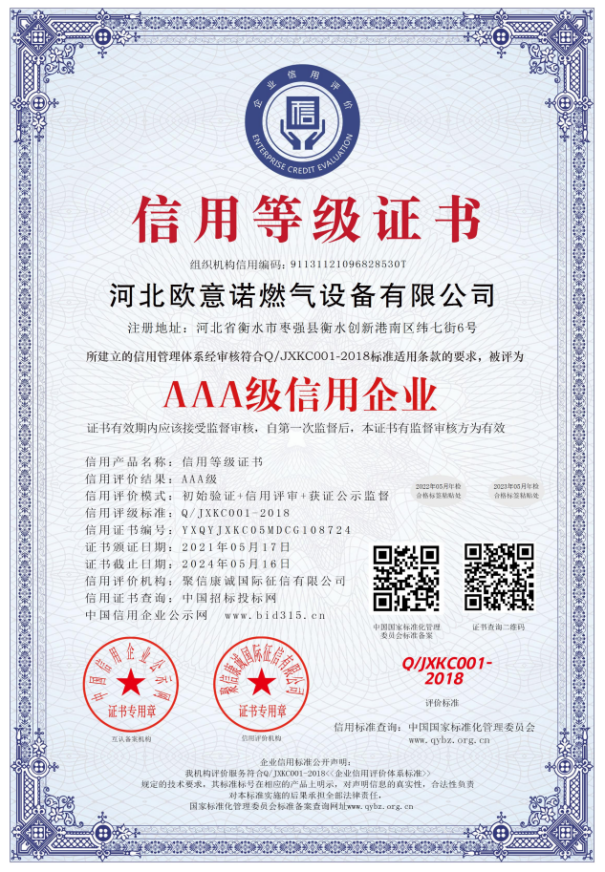
Aug . 11, 2024 09:52
Back to list
Exploring the Mechanisms and Applications of Gas Filtration Techniques in Environmental Safety
Gas Filtration An Essential Technology for Air Quality Management
In an era marked by growing environmental concerns and increasingly stringent regulations, gas filtration has emerged as a crucial technology for maintaining air quality. This process involves the removal of harmful gases and particulates from industrial emissions, ensuring that the air we breathe is safer and cleaner. As industries expand and urban areas become more densely populated, the importance of efficient gas filtration systems cannot be overstated.
Gas filtration systems operate on various principles, including physical, chemical, and biological processes. One of the most common methods is the use of filters that capture particulate matter and gaseous pollutants. These filters can be made from a variety of materials, such as activated carbon, chemical sorbents, or even high-efficiency particulate air (HEPA) filters, depending on the specific requirements of the process and the pollutants being targeted.
Activated carbon filters are widely used due to their high adsorption capacity. They effectively trap volatile organic compounds (VOCs), odor-causing agents, and certain hazardous gases. This makes them particularly valuable in both industrial applications and indoor air quality management. For instance, in manufacturing facilities that produce solvents or other VOCs, activated carbon can significantly reduce the emissions released into the atmosphere.
Chemical filters expand on this idea by utilizing specific reagents to react with and neutralize toxic gases. These filters are particularly effective against acids, ammonia, and other hazardous substances that can cause serious health issues if inhaled. The choice of chemical filter depends heavily on the nature of the gases being filtered, emphasizing the need for careful analysis and design of filtration systems.
gas filtration

Biological gas filtration is a newer approach that employs living organisms, such as bacteria and fungi, to convert pollutants into less harmful substances. Bioreactors, which house these microorganisms, have shown promise in treating a wide range of gaseous pollutants, particularly in wastewater treatment facilities and composting operations. This method not only cleans the air but also harnesses natural processes, making it a sustainable solution.
One of the significant challenges in gas filtration is ensuring the efficiency and longevity of filtration systems
. Regular maintenance and monitoring are crucial to maintain optimal performance. Clogging and saturation of filters can lead to system failures and increased emissions, underlining the importance of timely interventions. Advanced monitoring technologies, such as real-time sensor systems, are increasingly being integrated into filtration setups to detect pressure changes and pollutant concentrations, allowing for proactive maintenance.In addition to technical considerations, regulatory frameworks play a vital role in shaping gas filtration practices. Governments worldwide have set stringent emission limits to combat air pollution, compelling industries to invest in advanced filtration technologies. Compliance with these regulations not only helps protect public health but also enhances the reputation of companies as environmentally responsible entities.
Looking ahead, the future of gas filtration technology appears promising. Innovations such as nanomaterials, hybrid filters, and smart filtration systems are on the horizon, with the potential to improve efficiency and reduce operational costs. Simultaneously, increasing awareness of climate change and air quality issues will continue to drive demand for effective gas filtration solutions.
In conclusion, gas filtration stands at the intersection of technology and environmental stewardship. By mitigating harmful emissions and improving air quality, gas filtration systems play a vital role in fostering a healthier environment. As industries evolve and new challenges arise, continuous innovation in gas filtration technologies will be essential in safeguarding both public health and the planet.
Latest news
-
Safety Valve Spring-Loaded Design Overpressure ProtectionNewsJul.25,2025
-
Precision Voltage Regulator AC5 Accuracy Grade PerformanceNewsJul.25,2025
-
Natural Gas Pressure Regulating Skid Industrial Pipeline ApplicationsNewsJul.25,2025
-
Natural Gas Filter Stainless Steel Mesh Element DesignNewsJul.25,2025
-
Gas Pressure Regulator Valve Direct-Acting Spring-Loaded DesignNewsJul.25,2025
-
Decompression Equipment Multi-Stage Heat Exchange System DesignNewsJul.25,2025

